"Women are not the possessions of their male partners."
Justice Louise Taylor's recent sentencing remarks should be evident.
But male perpetrators of family violence in the ACT appear to have a frightening misunderstanding about, or choose to ignore, what they mean.
The territory's courts have seen countless cases in the last year, including murder, rape, threats, stalking, assaults, confinement, harassment, and even torture.
Many of those cases are similar - underpinned by control, jealousy, rage, and most of all, entitlement.
As the country grapples with the scourge of gendered violence in the wake of Australian women dying at an alarmingly rapid rate, violent men parade through ACT courtrooms every day of the week.
Like many others
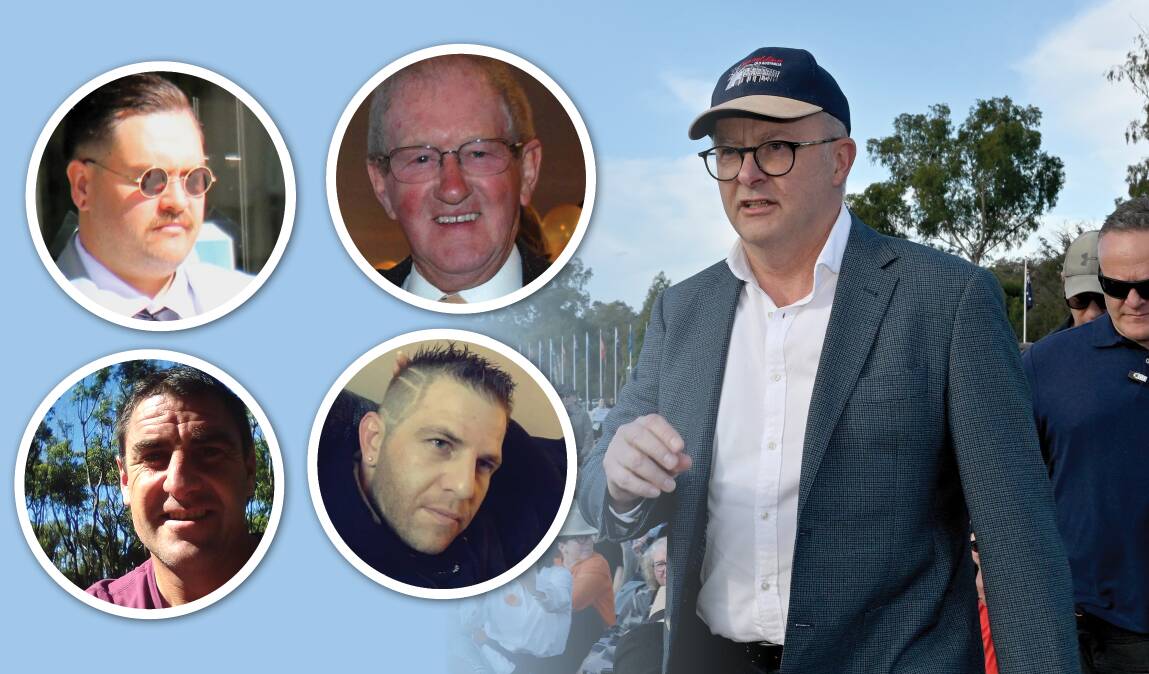
Justice Taylor made those remarks earlier this year, when she jailed a 36-year-old man for twice dragging his partner by the neck into their home before bashing and raping her.
His victim told the court she was only alive thanks to the bravery of two neighbours.
The unprovoked, extreme and degrading violence was "underpinned by a sense of entitlement ... because he was in a consensual relationship".
Like many other offenders, that man minimised his actions, blamed his victim, showed little genuine remorse, and had a history of family violence which included protection orders against him.
Also like many, he is not named to protect the woman's identity.
But other men in this story, through the express consent of victims or as a tragic result of their deaths, are named and pictured next to their crimes.
'Save other women from this shit'
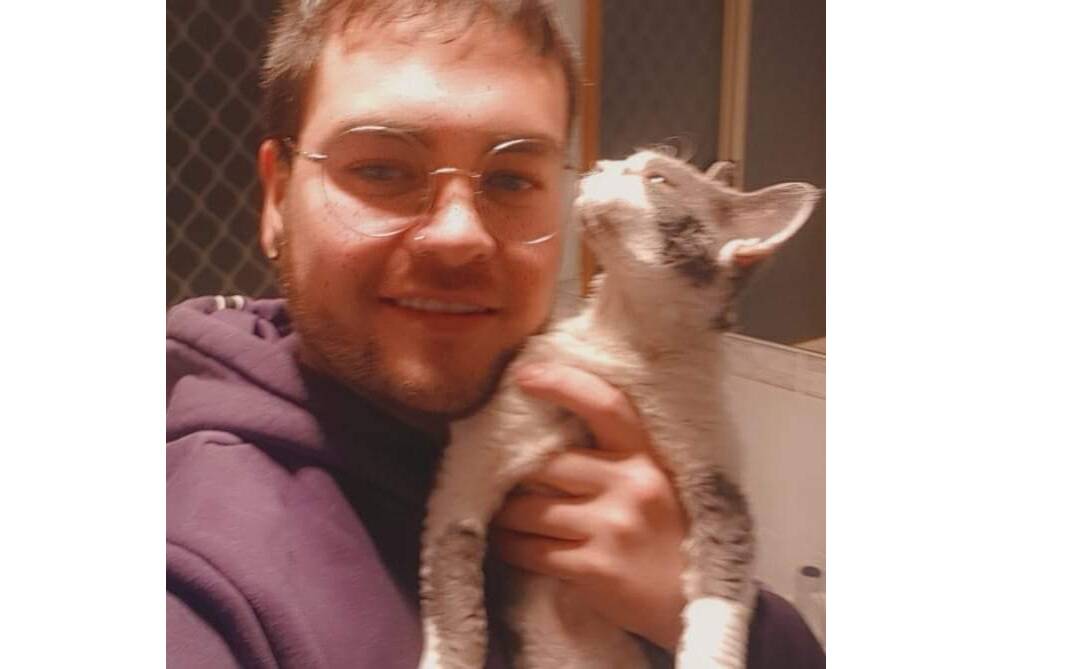
In August last year, three women hugged and cried outside Supreme Court four.
The only link between them, and one other victim not present that morning, was suffering the unthinkable abuse of serial family violence perpetrator Shay Kahu Murphy, 32.
"We're all going to save other women from this shit," one victim told media outside court, looking back on why they first came forward.
"And we did it."
Murphy's crimes against the four women, carried out over a decade, read like they're out of a playbook.
Each relationship started out like any other. After built-up trust came minor offending and inevitable escalation, until the women were trapped in a cycle of terror and violence.
Murphy fought many of his 17 charges but is now serving a 14-year-and-two-month jail sentence for raping, assaulting, controlling and abusing his partners, even waterboarding one woman.
The bonded victims said they felt empowered, but also admitted obtaining vindication through the courts had been trying.
"This process, the justice system, is hard on the victims. You are treated like the perpetrator," one woman said.
"You always felt like you were the liar."
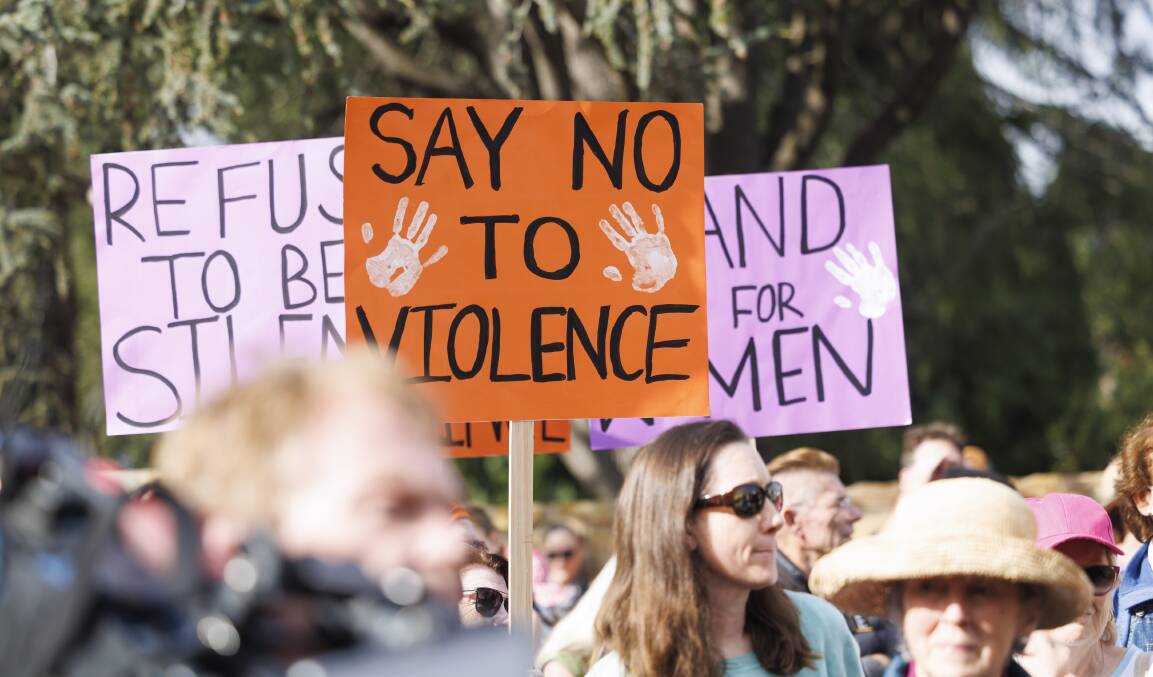
Domestic Violence Crisis Service CEO Sue Webeck told this masthead that harsh reality is why many women choose not to report family violence and do not trust the criminal justice system.
"There are systemic barriers for people accessing reporting. We are still impacted by pervasive myths about how women should be keeping themselves safe," she said.
"There is a really big disconnect at the moment between what we as a society hope happens to keep people in our community safe versus what the courts and policing do and respond to."
'Murder remains murder'
On Monday, Donald Morley sat in a sterile and guarded hospice room - often dropping his head and mumbling indistinctly.
The frail 93-year-old learned he would die in custody after suffocating his wife of 69 years, Jean Morley, with a pillow last year in the couple's Fisher home.
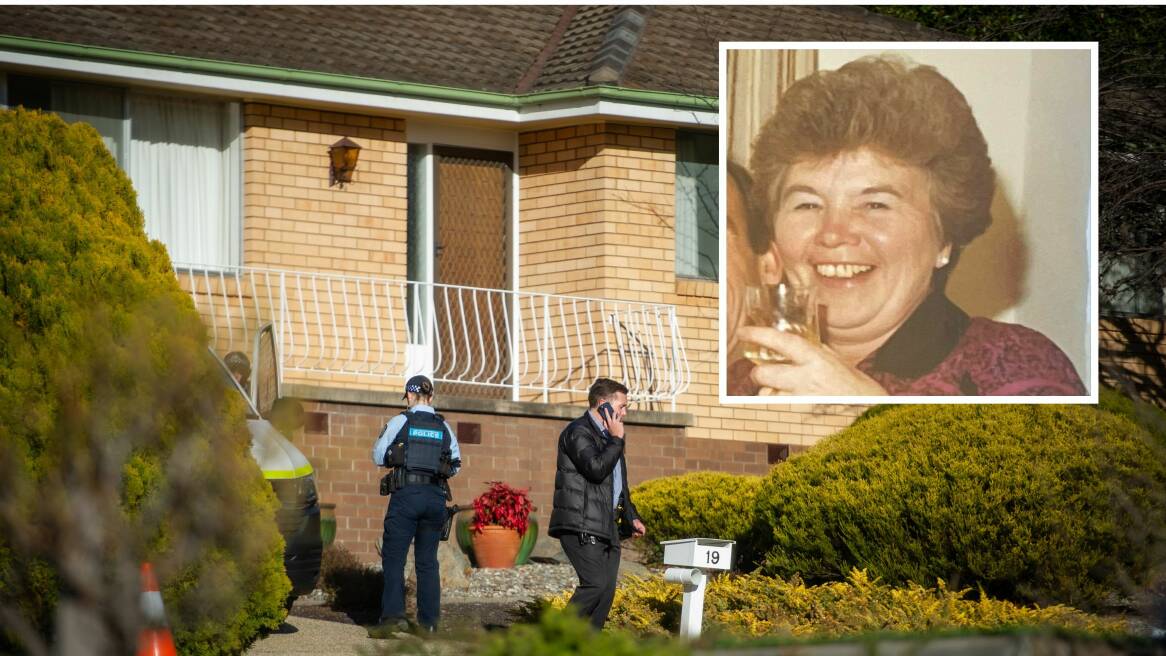
Morley claimed it was a mercy killing but the court found the woman had not asked for the sudden ending of her life.
"Murder remains murder," Justice Mossop said, his words splashed across media headlines.
The judge described the act as "the gravest denial of individual autonomy". Morley failed to take his own life after ending his wife's, making him the ACT's oldest known murderer.
The crime he chose to commit, however motivated, was one of family violence.
Like Jean, Bonnie Lee Anderson did not choose to die at the hands of a man she knew.
Bonnie was attacked in her own home by Daryl Allan Robertson, her on-and-off partner of several years, repeatedly stabbed, and burned with a makeshift blowtorch in view of horrified neighbours.
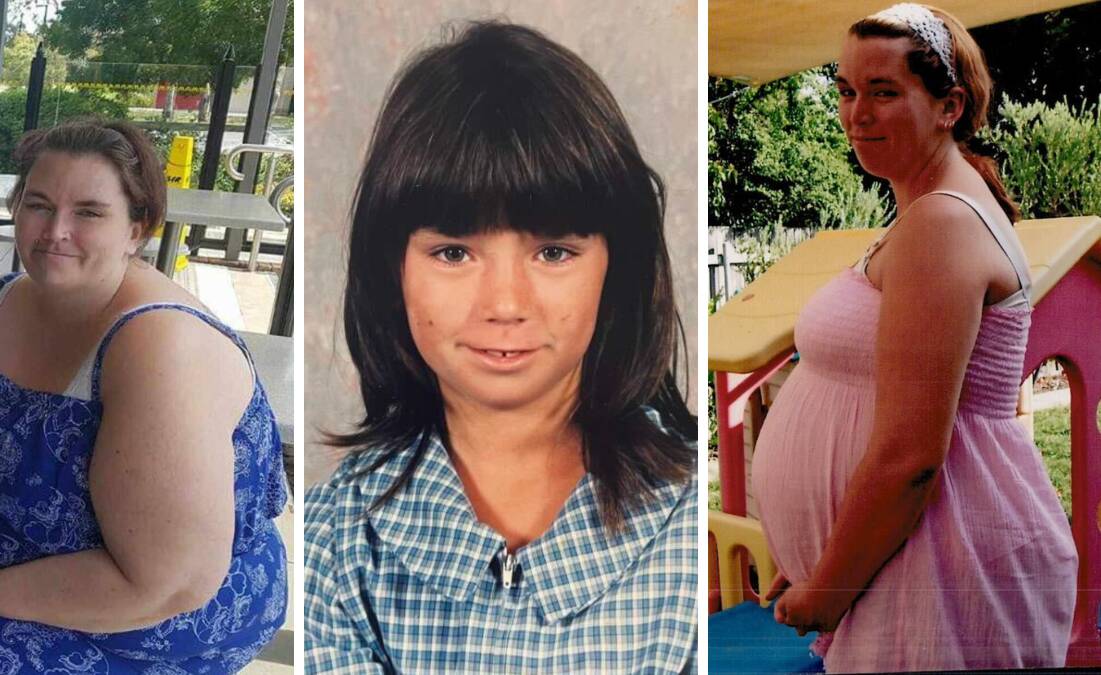
Earlier this year, 16 months after the senseless and unprovoked attack, Bonnie succumbed to her injuries and died. Robertson had already received a 27-year jail sentence for attempted murder.
It's understood authorities were considering further charges against the man.
"She had a good heart. She had good friends. We were part of an awesome community," Bonnie's younger sister told The Canberra Times in February.
Last year, a jury found Michael O'Connell guilty of murdering partner Danielle Jordan.
In returning that verdict, jurors "must have" concluded the man foresaw driving his Mitsubishi Triton with Danielle "precariously" positioned on the car's bonnet could have killed her. He continued driving anyway.
Justice Belinda Baker handed O'Connell a 15-year jail sentence earlier this year, when she said the man had expressed no remorse for his actions, which led to the fatal fall.
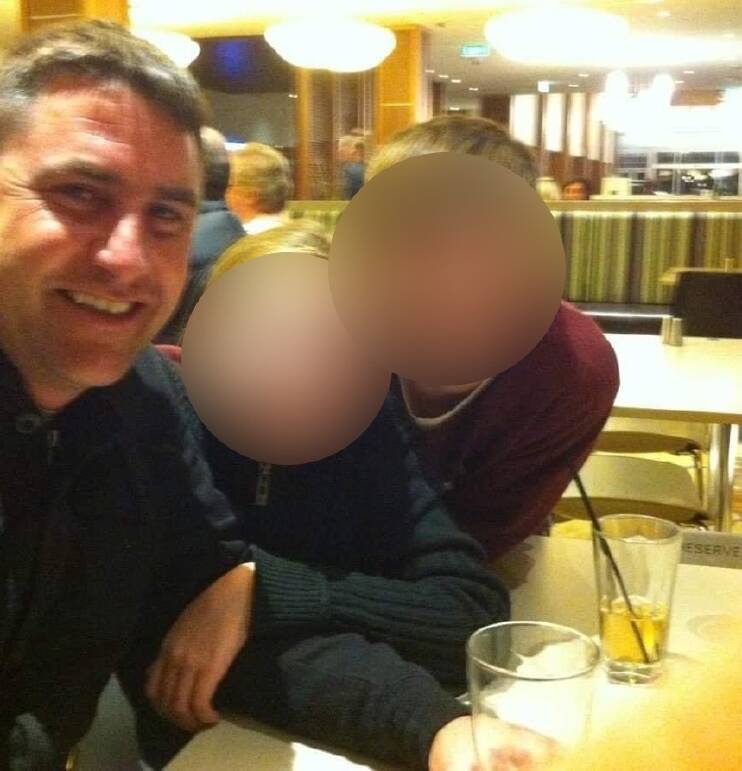
The judge also found O'Connell had not accepted breaching a bail condition preventing him from seeing Danielle, after allegedly assaulting her, played any role in her death.
He told a pre-sentence report author the "tragic accident" occurred "as a result of her irrational behaviour" after the pair had been fighting that night.
O'Connell is appealing his guilty verdict. He has previously argued his partner was in fact out of sight on the back of the car when she fell.
Misunderstanding domestic sexual violence
A review published earlier this week found territory police officers poorly understood sexual violence in the context of a relationship.
The report found police over a six-month period had failed to "properly and appropriately" investigate sexual offences in the ACT.

If Alan John Matas had not filmed the brutal and protracted rape of his partner, he may never have pleaded guilty to 25 family violence charges.
There may be no hard evidence he handcuffed the victim and sprayed her face with lemon juice while he physically and verbally attacked her.
"I do not understand how someone who was supposed to love you can do such evil things to you," the victim told a court earlier this year, detailing a relationship marred by control.
Matas is a prolific abuser with a long history of family violence convictions.
The sexual assault in question took place while he was facing charges against a different woman and only a few days after he tearily told another court he was determined to finally change his ways.
He will learn his fate later this month.
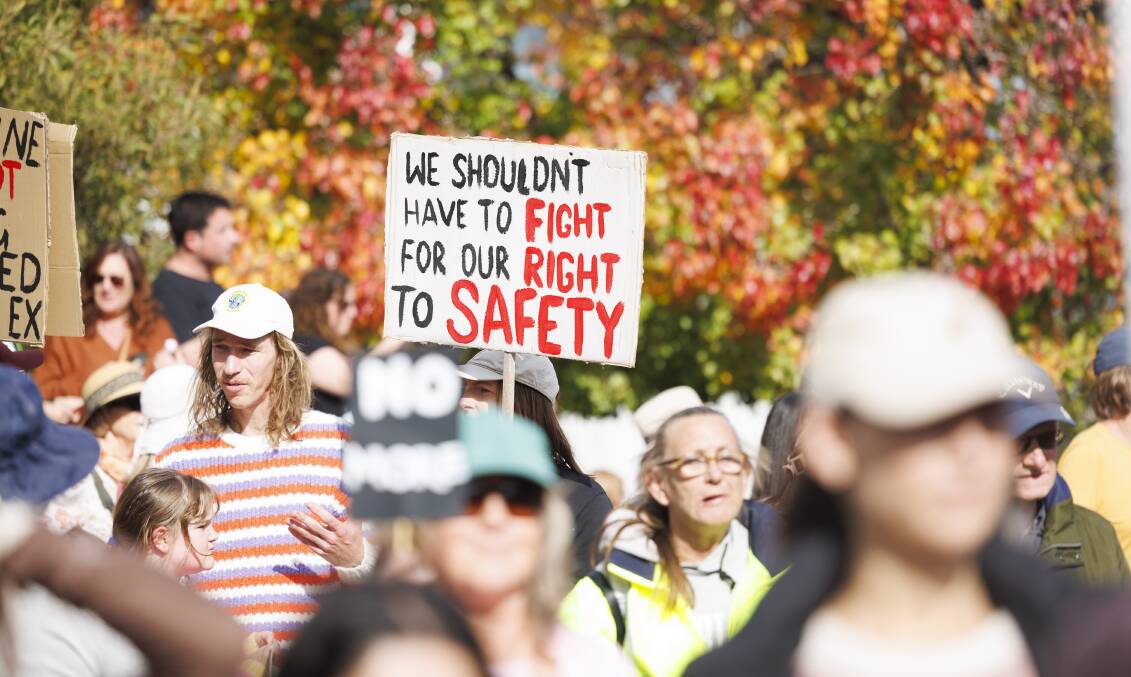
Last year, a jury found another man, who cannot be named to protect his victim's identity, guilty of multiple violent and sexual crimes against the partner he shared a home with.
The 21-year-old man nonchalantly but vehemently denied every single allegation the woman made against him during a trial. On one occasion, while walking back to the dock, he smirked at the public gallery.
His 19 offences included tying up his victim and whipping her with a horse riding crop as he raped her.
Acting Justice Stephen Norrish handed the man a 13-year-and-five-month jail sentence, citing the complete lack of responsibility he had taken for his actions.
'Chronically under-resourced'
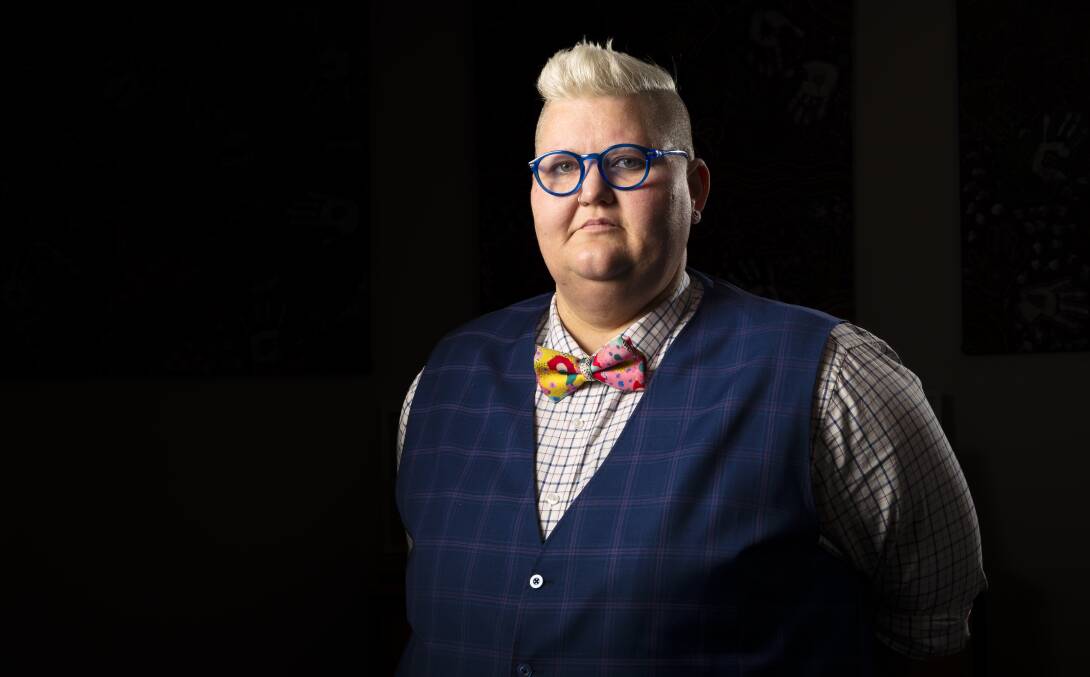
The Domestic Violence Crisis Service, which helps people escape these crimes, is bluntly described by its CEO as "chronically under-resourced".
The frontline service operates at the will of government funding, which is only ever guaranteed for short periods of time and hasn't changed for over a decade. The majority of its current funding runs out on June 30.
"We are in this starvation cycle which means we don't have the resources to actually look up and ask, 'How might we be able to do this differently?'" Ms Webeck said.
Under-funding means no forward planning for community initiatives, missing phone calls on the 24/7 crisis line, and less resources put into programs like men's behaviour change.
"If somebody has the courage to make that phone call and we don't answer it, that is incredibly disheartening," Ms Webeck said.
Cases heard in court or reported to police, Ms Webeck said, "have no shade on the numbers of community members we are responding to".
"We service about 1150 clients every month," she said.
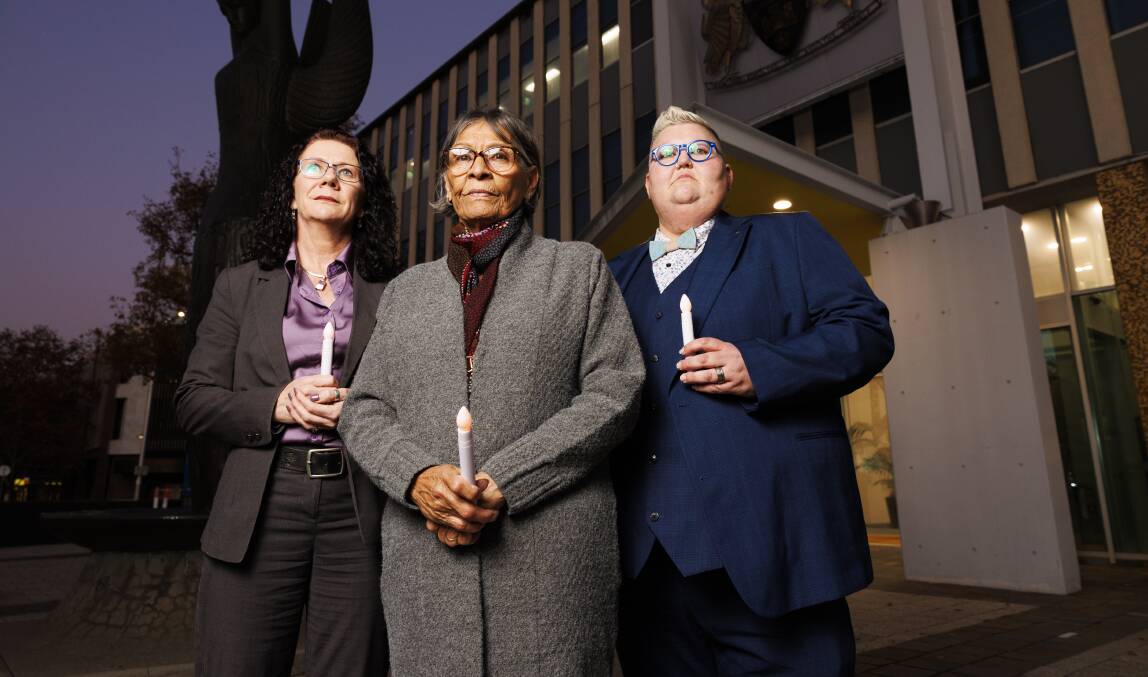
Which begs the question, how many more cases are there like the stalker who sent 1000 threatening text messages to his ex-partner and threatened to kill her with a hunting knife?
Like the father who sexually abused his teenage daughter on a weekly basis for more than two years, or the doctor who threatened to "section" his wife during a retaliatory home assault?
That's before even thinking about men committing violence against women they don't know.
This story, and ones like Wednesday's "a day in the ACT family violence list", exists because Australia is paying attention to gendered and domestic violence following recent events.
"We've seen it before," Ms Webeck said.
"It's hard to think this is a time where things can change to the point where we don't have to march again.
"But it certainly is important there is a renewed and vigorous interest in ending gender-based violence in our country."
Capitalising on this moment means doing more than what the federal government has promised in recent days. Immediately listening to and properly funding frontline services is a good place to start.
Because these shocking cases are the tip of the iceberg.
- Support is available for those who may be distressed. Phone Domestic Violence Crisis Service 6280 0900; Lifeline 13 11 14; MensLine 1300 789 978; 1800-RESPECT 1800 737 732; Canberra Rape Crisis Centre 6247 2525.







